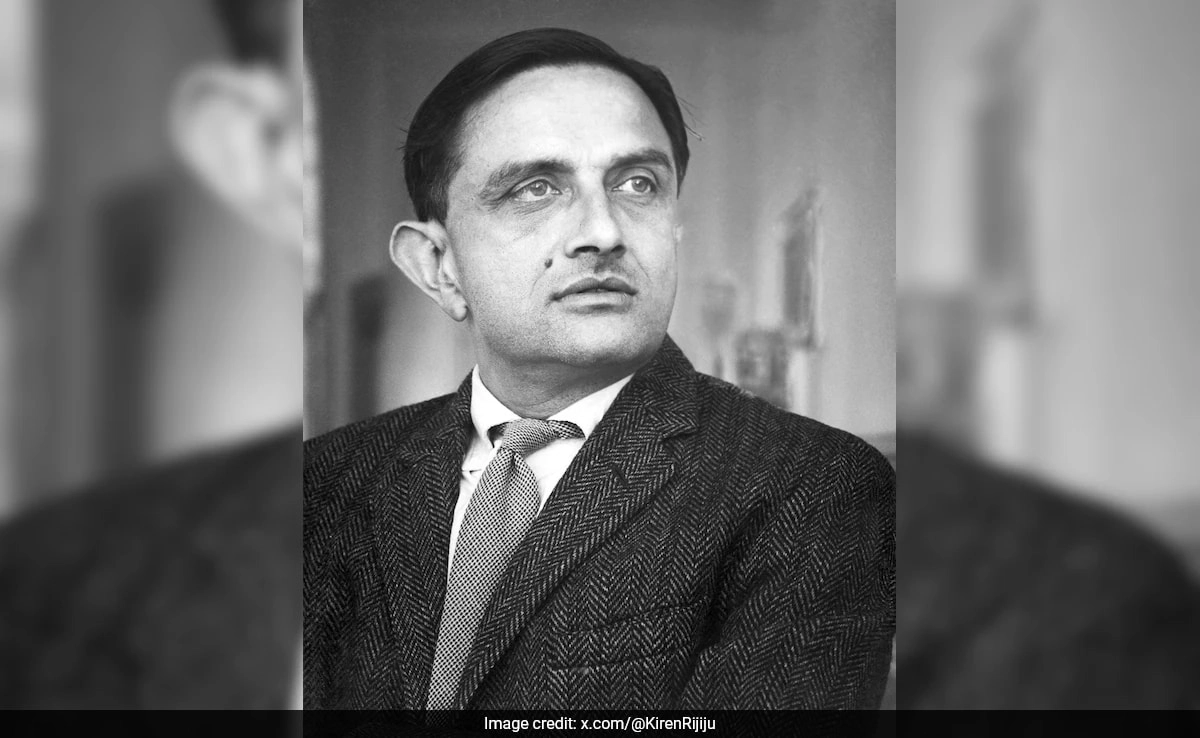Vikram Sarabhai, often hailed as the father of the Indian space program, played a pivotal role in establishing the Indian Space Research Organisation (ISRO) from its nascent stages. Born on August 12, 1919, in Ahmedabad, Sarabhai had an insatiable curiosity for science and a vision for harnessing space technology to propel India into the modern age. His academic pursuits in physics and his subsequent interactions with prominent scientists around the world laid the groundwork for his ambitions. In a time when India was grappling with socio-economic challenges, Sarabhai recognized the potential of space technology to address issues such as agricultural productivity, weather forecasting, and disaster management, thus integrating scientific advancement with national development.
In 1969, Sarabhai’s vision culminated in the founding of ISRO, which he established with a clear mandate: to develop space technology for India’s socio-economic development. Under his leadership, the organization embarked on ambitious projects that included the development of satellite technology and launching capabilities. Sarabhai’s approach was grounded in collaboration; he sought partnerships with various academic institutions and government bodies to foster a culture of innovation and research. His foresight in establishing the Indian National Committee for Space Research (INCOSPAR) in the early 1960s laid the foundation for ISRO, enabling India to begin its journey into space exploration.
Sarabhai’s contributions were not limited to administrative roles; he was deeply involved in the technical aspects of the missions, advocating for the development of indigenous capabilities. His efforts led to the successful launch of India’s first satellite, Aryabhata, in 1975, a monumental achievement that marked India’s entry into space. The success of this mission not only showcased India’s technological capabilities but also inspired a generation of scientists and engineers to pursue careers in space science. Sarabhai’s legacy is characterized by his unwavering belief in the power of science and technology to transform society, a vision that continues to guide ISRO’s endeavors today.
Throughout his life, Vikram Sarabhai emphasized the importance of integrating scientific research with practical applications in everyday life. His commitment to using space technology for social good is evident in various projects that have emerged from ISRO, including satellite-based communication systems, meteorological satellites, and remote sensing technologies that aid in agriculture and disaster management. Sarabhai’s holistic approach not only propelled India into the space age but also ensured that the benefits of such advancements were felt across the nation, particularly in rural areas. His influence extended beyond the realm of space; he was also instrumental in establishing institutions that fostered scientific research and education in India, further cementing his legacy as a visionary leader.
Vikram Sarabhai passed away on December 30, 1971, but his vision and commitment to space research continue to resonate within ISRO and the broader scientific community. The organization he built has since achieved remarkable milestones, including successful missions to the Moon and Mars, and has become a beacon of pride for the nation. Today, as India continues to expand its reach in space exploration, it stands on the shoulders of giants like Sarabhai, who dared to dream of a future where space technology would play an integral role in national development. His life and work remain a testament to the transformative power of science, and his legacy inspires ongoing innovation and discovery in the field of space exploration.




